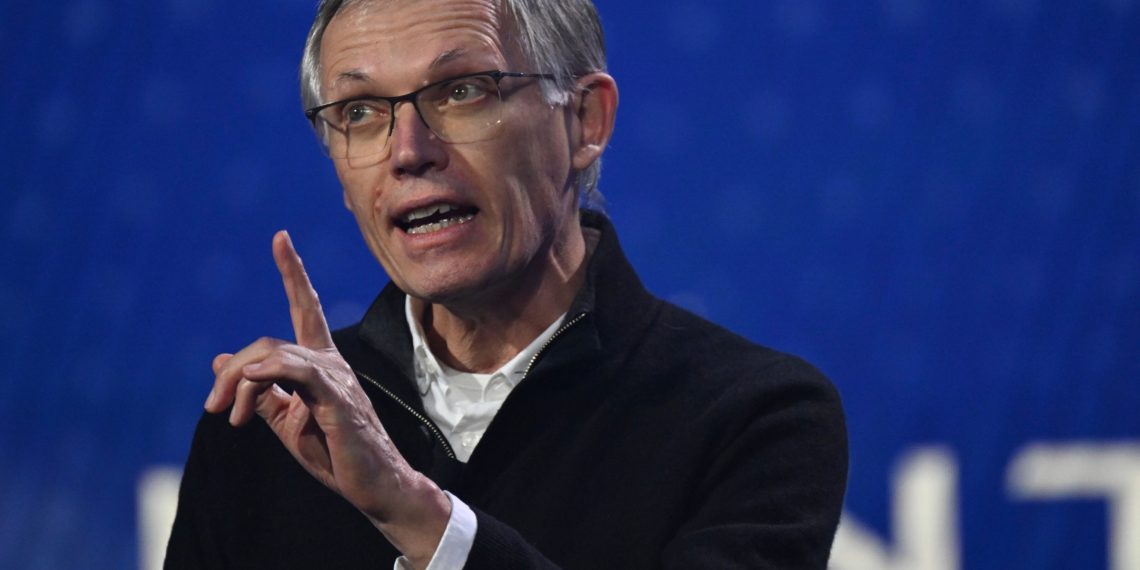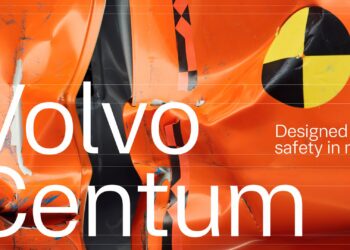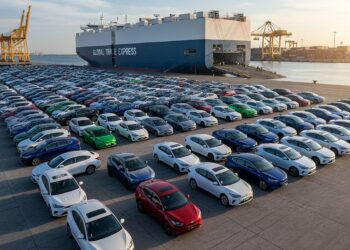In a shocking turn of events, Carlos Tavares, the first and only CEO of Stellantis, has resigned effective immediately. The announcement comes less than two months after the Portuguese executive confirmed plans to serve out his contract through early 2026. At 66, Tavares has decided to step down amid what insiders describe as challenging times for the automotive giant.
A Company in Turmoil
While Stellantis has faced mounting difficulties in recent years, Tavares’ sudden departure still caught many by surprise. However, the company’s preparation for this scenario suggests it wasn’t entirely unexpected. Stellantis announced that a search for a permanent successor is “well underway,” with an appointment expected in the first half of 2025.
In the interim, Stellantis Chairman John Elkann will lead a newly formed executive committee to oversee the conglomerate. Elkann, who also serves as Executive Director of Stellantis and Chairman of Ferrari, will guide the company through this transitional period.
Leadership Shake-Ups Continue
Tavares’ exit is only the latest in a series of leadership changes at Stellantis. Just two months ago, Santo Ficili was named CEO of Maserati and Alfa Romeo, replacing Davide Grasso and Jean-Philippe Imparato. Grasso moved on to lead Stellantis’ Pro One commercial operations, while Imparato was appointed Chief Operating Officer (COO) for the Enlarged Europe region.
These changes underscore the evolving landscape within Stellantis as the company grapples with an increasingly competitive and challenging automotive market.
A Legacy in Question
Carlos Tavares played a pivotal role in the formation of Stellantis, overseeing the merger of Fiat Chrysler Automobiles (FCA) and PSA Group to create one of the world’s largest automotive conglomerates. However, his tenure has been marked by controversy and challenges, including labor disputes, supply chain disruptions, and a shifting global automotive market.
While his abrupt resignation leaves questions about his legacy, it also raises concerns about Stellantis’ future. The company’s ability to navigate this leadership vacuum will be critical as it faces mounting pressures in an industry undergoing rapid transformation.
What’s Next for Stellantis?
As Stellantis prepares for the next chapter, the focus will shift to finding a leader capable of addressing its immediate challenges and steering it toward long-term growth. With John Elkann at the helm of the interim executive committee, the company will aim to stabilize operations and maintain investor confidence until a permanent successor is named.
For Tavares, the decision to step down marks the end of a high-profile tenure in the automotive industry. Whether his exit signals a strategic pivot for Stellantis or is simply a reflection of internal struggles remains to be seen.
Conclusion: A Turning Point for Stellantis
Carlos Tavares’ resignation signals a significant shift for Stellantis as it looks to redefine its leadership and strategy in an increasingly volatile industry. With a new interim team in place and a permanent successor expected in 2025, the automotive giant faces a critical period that will shape its future trajectory.










